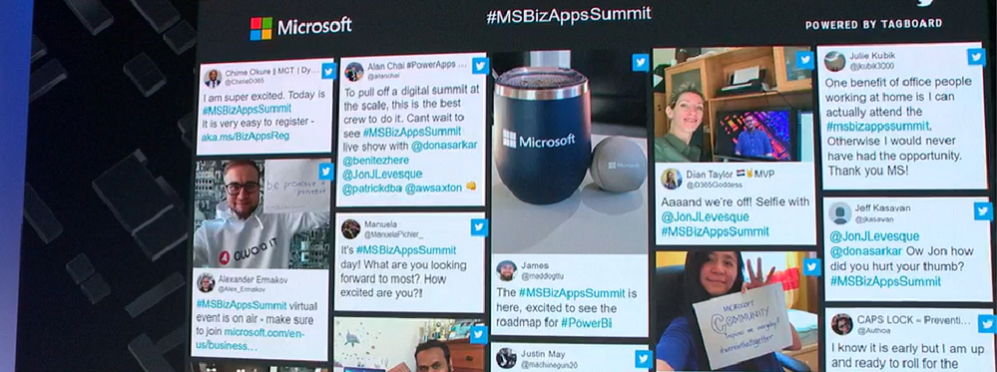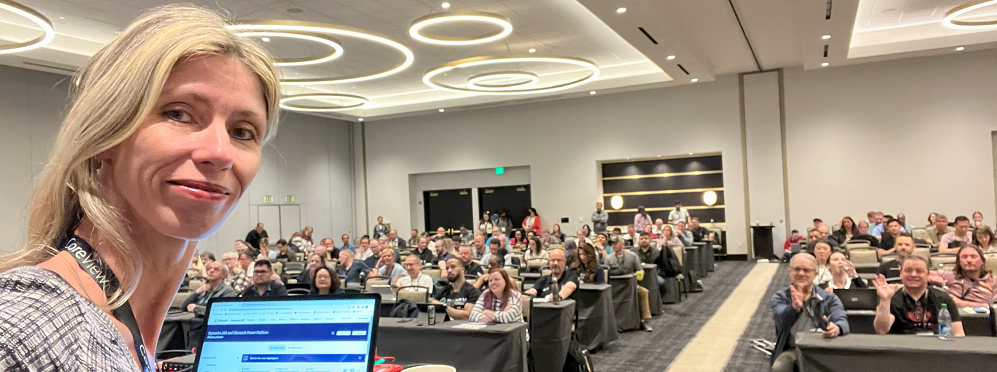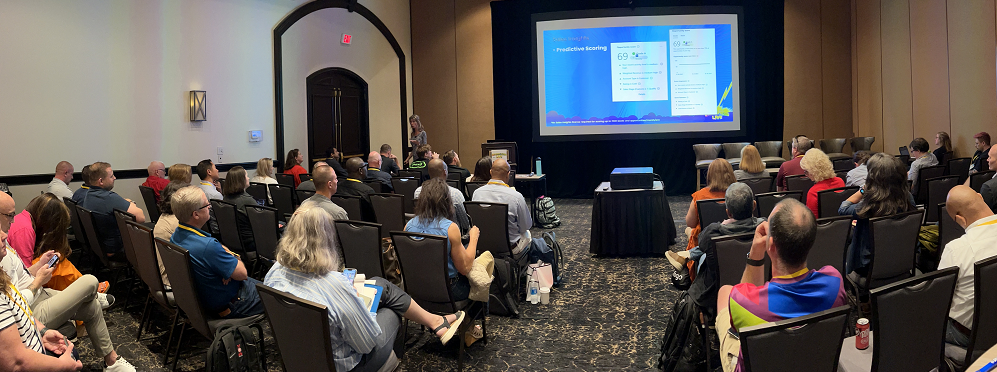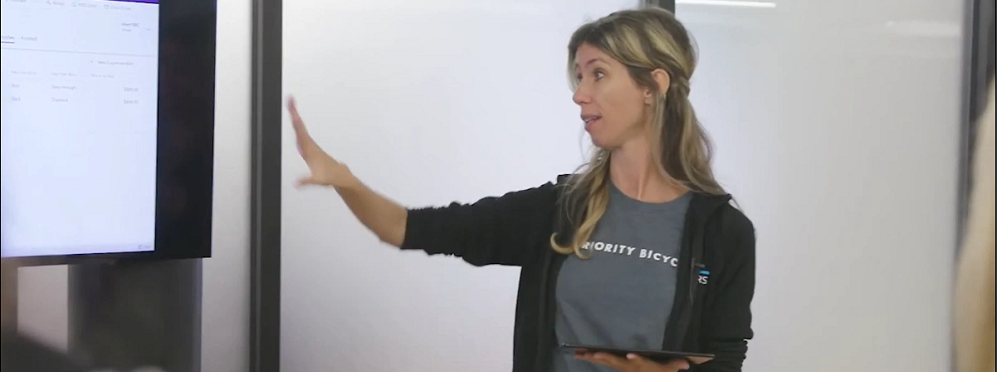2024 Wave 2: Copilot for Service

Welcome to the fourth article of my series on the 2024 Wave 2 release! In the past few weeks I have published 3 articles in this series about Dynamics 365 Sales, Copilot for Sales and Dynamics 365 Customer Service. In this article, I’m focusing on the new features for Copilot for Service. Let’s get started and uncover what’s new for Copilot in Customer Service!
In case you are not aware, Copilot for Service requires an additional license, as it is not included in the Dynamics 365 Customer Service license. This is probably the reason why these features are listed separately from the Dynamics 365 Customer Service in the 2024 release notes. The first feature I want to mention is the ability to connect to ServiceNow’s CRM in Outlook and Teams. Previously we were able to connect Copilot for Service to Dynamics 365 and Salesforce’s CRM, so this will give organizations more options! This means that when a user works in Outlook and opens the Copilot for Service side pane, they can now get information from Service Now’s CRM system as well. Below is an image that shows the Copilot for Service side pane in Outlook with connected data from Dynamics 365 Customer Service.

Just like we can customize the tables that are shown in Copilot for Service in Outlook and Teams, we will be able to do the same thing for ServiceNow CRM.
Query over CRM data in Microsoft Copilot
This feature has been in preview since June of this year, and this allows agents to ask Microsoft 365 Copilot questions about service data in their CRM tables! There is a little bit of setup that needs to happen first before your agents can start asking M365 Copilot questions, but it’s pretty easy to setup! Once you have completed the steps, agents will see the Copilot for Service extension (preview) plugin, which they will need to enable before they can ask questions. After refreshing the chat, agents should see the updated title: Customer Service extension (preview) – PowerPlatformConnector – {ConnectionId}. Examples of questions that agents can ask are:
- Show me the case summary for case number CaseNumber.
- Show me the high-priority support tickets for AccountName in the past 30 days.
- Tell me if AccountName has active escalated cases in the past three months. If yes, show me the list.
- What are the cases that missed their SLA in the past seven days?
- Show me all my active cases.
- Show me my cases due tomorrow.
- Tell me about the details for case number CaseNumber.
- What is the resolution for case #CaseNumber?
- Show me active high-priority support tickets for AgentName in the past 30 days.
- Show me active escalated support tickets for AgentName in past 30 days.
Below is an image of the same functionality, but instead of showing service data it’s showing sales data, just to give you an idea of what it looks like.

Schedule a meeting prompt based on the email context in Outlook
Copilot is getting smarter and smarter! I really like these types of features where Copilot is looking at the content of an email message in Outlook and uses that to suggest an action. We’ve seen this already in Copilot for Sales, where a prospect or customer might mention their budget or the date they are looking to make a purchase in an email, after which Copilot for Sales shows the end-user suggested actions to update the budget and/or update the estimated close date in Dynamics 365 Sales. This is a very similar type of feature. Copilot for Service will review the content of an email and if there is any mention of a meeting (or phone call), Copilot will suggest scheduling a meeting. By clicking the button, a meeting will automatically be created, with the attendees already added! Unfortunately, this feature will only be available in the United States region. Below is a screenshot of what this will look like in Copilot for Service, my apologies for the blurriness of the image!

Provide meeting summary and follow ups to create CRM tasks
If you are using Copilot for Sales, these features will (also) sound very familiar, as it seems that some of the features in Copilot for Sales will also be included in Copilot for Service, which, let’s face it, makes a lot of sense. This feature will provide agents with a summary and follow-up items after a Microsoft Teams meeting ends, but only if Copilot for Service was added to the meeting. CRM tasks can be created from these follow-up items directly from within Microsoft Teams, which means agents don’t have to switch back and forth between Teams and their CRM system. Keep in mind that as of now, just like the previous feature, the only region that is listed to receive this feature is the United States. I hope you enjoyed this article! Be sure to check in again next week for a new article or subscribe here to never miss another post!












Comments are Closed